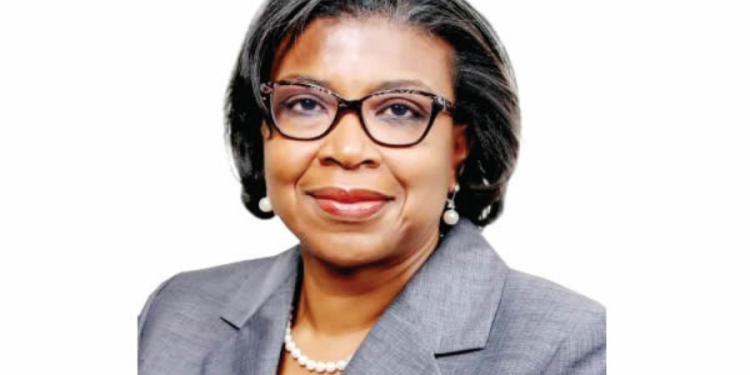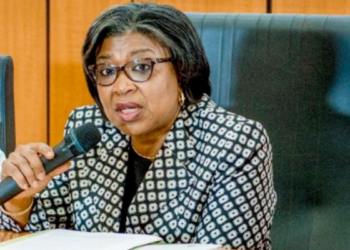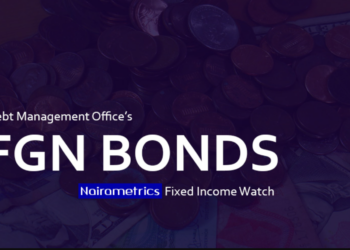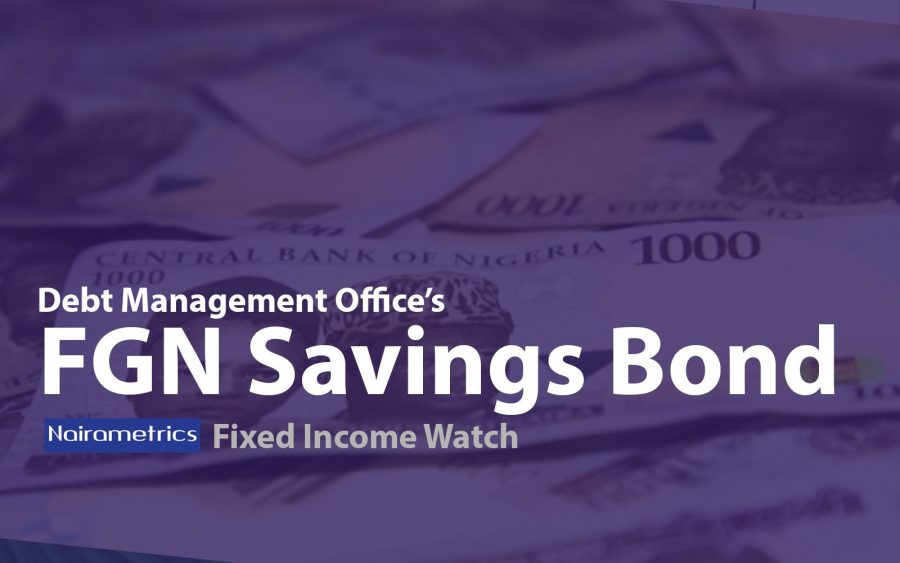The Director-General of the Debt Management Office, Ms. Patience Oniha has stated that the Federal government’s efforts to enhance revenue are expected to cut its DEBT-service ratio by 20% in the medium-term.
The measures being taken to boost revenue could reduce the ratio to as much as 20% over the coming four years, Oniha said in an interview reported by Bloomberg.
She stated,
- “One of the things that this administration has taken on very early in the day is how to grow revenue. For us t, World Bankhat is very spot on. We need to grow revenue.”
Efforts to increase FG’s revenue
President Tinubu seeks to increase the country’s revenue output to an appreciable 18% of GDP in the coming years.
Already, he has set up a fiscal policy and tax committee aimed at streamlining the revenue collection process to make it more effective.
The World Bank estimates Nigeria’s tax-to-GDP ratio at 7%, however, the FIRS puts the figure at 10.86%. Depending on the figure, the country’s tax-to-GDP ratio is one of the lowest in the world- below Africa’s average.
Nigeria’s public debt
The DMO puts Nigeria’s total public debt at N87 trillion and servicing these loans costs the country up to 96% of its revenue as of 2022.
This figure is expected to grow to almost 60% of the country’s GDP which puts her in the same position as countries like Canada.
However, the DMO has repeatedly emphasized that the country’s debt profile is sustainable considering its structure.
About 60% of Nigeria’s external debt, totaling around $41 billion as of June, consists of concessional and semi-concessional loans, which are relatively low-cost, and they do not all mature at the same time.
Over 70% of the country’s domestic loans are distributed across various maturities ranging from three to 30 years.
This distribution is facilitated by a well-established domestic bond market that allows the government to issue securities. Nigeria also benefits from a substantial investor base and a thriving pension fund industry.
























